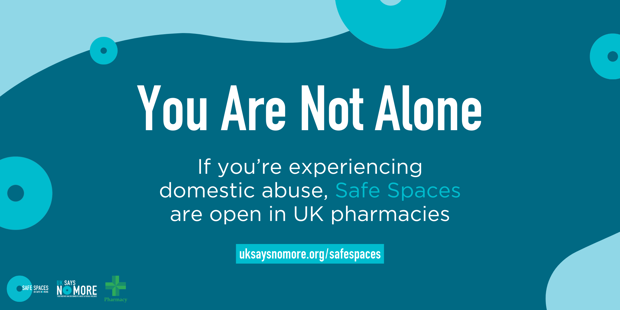If you, or someone you know, are at immediate risk of injury or harm, contact the police on 999 immediately.
What is domestic abuse?
Domestic abuse is an incident or pattern of incidents of controlling, coercive, threatening, degrading or violent behaviour, including sexual violence. In the majority of cases, the perpetrator is a partner or ex-partner, but it could also be a family member or carer.
Domestic abuse can include, but is not limited to, the following:
- Coercive control (a pattern of intimidation, degradation, isolation and control with the use or threat of physical or sexual violence)
- Psychological and/or emotional abuse
- Physical or sexual abuse
- Financial and economic abuse
- Stalking and harassment
- Online or digital abuse
How we can help
If you’re experiencing domestic abuse you can talk to us in confidence. This is what we’ll do:
- We’ll listen to you
- We can, if you agree, refer you to specialist domestic abuse services who’ll give you advice, support and information
- We’ll discuss your housing options, and what can be done to make you and your family safer in your home
- We’ll work with police and other agencies in taking action to keep you and your family safe
Additional domestic abuse support
For more information on domestic abuse support, visit the Government website for domestic-abuse.
If you’re a young person, you can also get advice and support from Childline.
If you’re concerned about your own behaviour and worry that you already are, or could become, abusive - you can call Respect on 0845 122 8609 or visit the Respect website.
The Domestic Abuse Act 2021 extends the definition of domestic abuse to include emotional, coercive or controlling behaviour, economic or financial abuse, as well as physical violence.
Other key changes include:
- Providing all eligible people who are homeless due to domestic abuse with an automatic ‘priority need’ for homelessness assistance from the local authority.
- Providing guidance on the Domestic Violence Disclosure Scheme (Clare’s Law), which allows people to make enquires with the police about a person they’re in a relationship with, or who’s in a relationship with someone they know, where there are concerns that the person may be violent, abusive or controlling towards their partner.
- Giving police new powers including Domestic Abuse Protection Notices, giving victims immediate protection from abusers.
- Recognising children as victims of domestic abuse in their own right, if they see, hear or experience the effects of abuse.
- Extending the controlling or coercive behaviour offence to cover post-separation abuse.
- Strengthening rules around controlling and coercive behaviour, tackling 'revenge porn', making non-fatal strangulation an offence and ending the ‘rough sex' defence.

